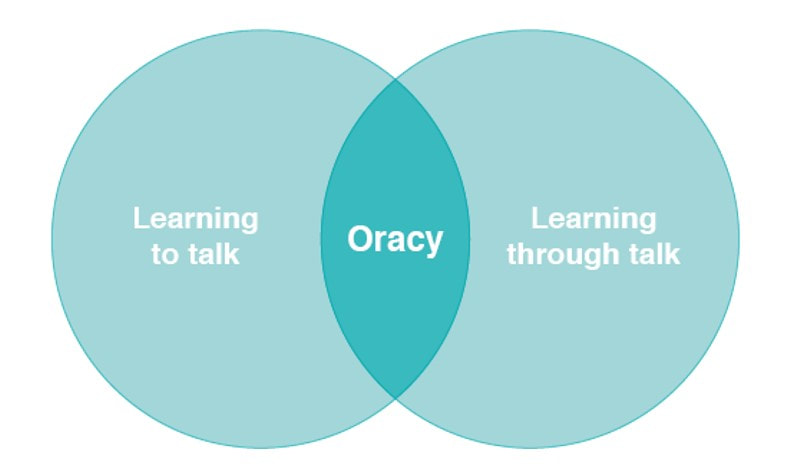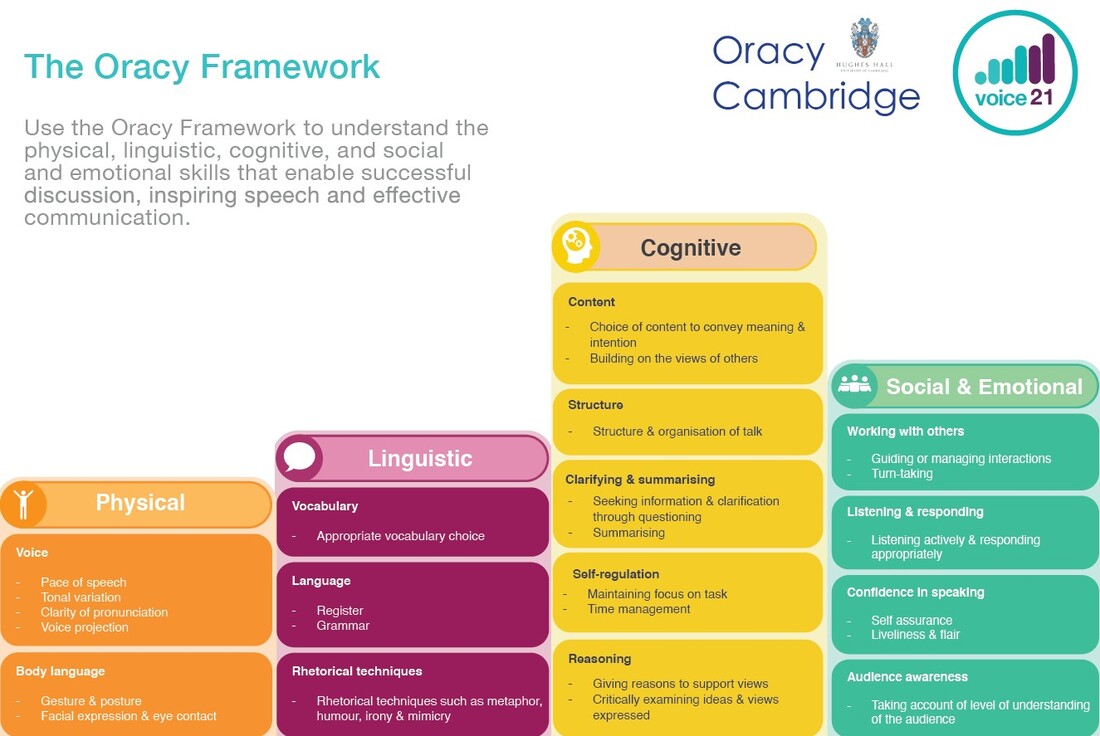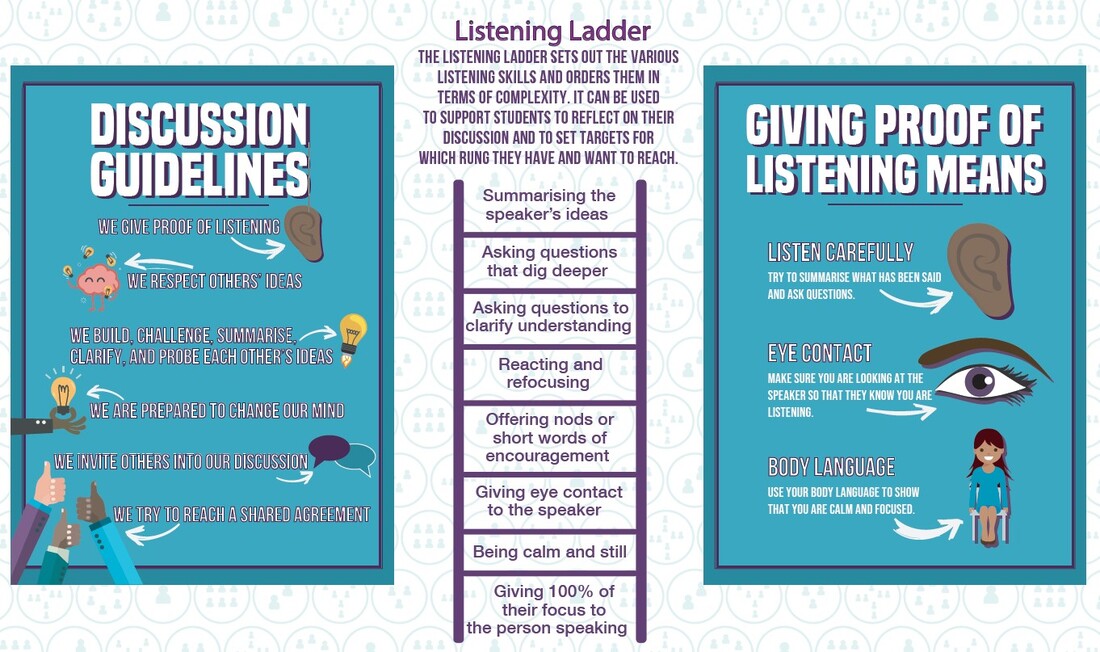Crumpsall Lane Primary School
- Home
-
School Information
- Behaviour
- British Values
- Data Protection
- Equality
- End of Key Stage Outcomes
- Extra-Curricular Activities
- Financial Information
- Our Ofsted Reports
- PE and Sports Premium
- Personal Development
- Policies
- Pupil Premium
- Remote Learning
- Safeguarding
- Self-Evaluation Summary and School Improvement Priorities
- SEND and Inclusion
- National Nurturing Schools Programme
- Our Staff
-
Our Curriculum
- Our Parents
- Our Twitter Feed
At Crumpsall Lane Primary School, oracy is recognised as a vital and integral part of our curriculum. We recognise the importance of being able to talk well and learn through talk and the difference that this makes to outcomes for our pupils. We are working in partnership with Voice 21 which allows us to continuously develop, refine and strengthen these crucial skills in our students.
Oracy is integral to our School Development Plan; it is an ongoing and evolving journey rather than a finished product. We aim to cultivate children’s oracy skills through the entire curriculum, embracing opportunities during playtimes, lunchtimes, and extra-curricular activities.
Oracy is integral to our School Development Plan; it is an ongoing and evolving journey rather than a finished product. We aim to cultivate children’s oracy skills through the entire curriculum, embracing opportunities during playtimes, lunchtimes, and extra-curricular activities.
What is Oracy?
‘Oracy is the ability to articulate ideas, develop understanding and engage with others through spoken language.’ (Voice21). At Crumpsall Lane Primary School, we aspire to embed a culture of oracy through our curriculum where every child believes they have a voice, have the skills to communicate and feels valued and listened to.
Why do we have a focus on Oracy?
Many of our pupils start early school life without the oracy skills relevant for their age and many of our children need additional opportunities to learn to talk and learn through talk to enhance their proficiency in English. Research highlights that spoken language skills are one of the strongest predicators of a child’s future life chances and therefore, we have identified the teaching of Oracy as a key component in bridging that gap.
Through our work with Voice 21, we also know that Oracy:
‘Oracy is the ability to articulate ideas, develop understanding and engage with others through spoken language.’ (Voice21). At Crumpsall Lane Primary School, we aspire to embed a culture of oracy through our curriculum where every child believes they have a voice, have the skills to communicate and feels valued and listened to.
Why do we have a focus on Oracy?
Many of our pupils start early school life without the oracy skills relevant for their age and many of our children need additional opportunities to learn to talk and learn through talk to enhance their proficiency in English. Research highlights that spoken language skills are one of the strongest predicators of a child’s future life chances and therefore, we have identified the teaching of Oracy as a key component in bridging that gap.
Through our work with Voice 21, we also know that Oracy:
- improves confidence and wellbeing
- improves academic outcomes
- improves literacy development
- equips students to thrive in life and beyond school
- enables all pupils to fulfil their potential
- promotes social equality
How are we teaching Oracy at Crumpsall Lane Primary School?
We teach and develop oracy at CLPS by drawing from Voice 21's framework, which encompasses four key areas: physical, linguistic, cognitive, and social and emotional development. During the first year of our project, we particularly focussed on the social and emotional strand of the Voice 21 Oracy framework ensuring that pupils have developed a good understanding of how to talk to each other including:
We teach and develop oracy at CLPS by drawing from Voice 21's framework, which encompasses four key areas: physical, linguistic, cognitive, and social and emotional development. During the first year of our project, we particularly focussed on the social and emotional strand of the Voice 21 Oracy framework ensuring that pupils have developed a good understanding of how to talk to each other including:
- Establishing discussion guidelines
- Fine-tuning our expectations for talk partners
- Learning how to listen to each other.
Page Last Reviewed: 25.04.2024
Contact Us:
Address: Crumpsall Lane, Manchester, M8 5SR
Telephone number: 0161 740 3741
Email address: [email protected] (Mrs. Hayes, Office Manager)
Please contact Mrs. Hayes in our school office if you have any queries. If she is unavailable, other members of our office team will be able to assist you.
All material on our website is available as a paper copy.
Telephone number: 0161 740 3741
Email address: [email protected] (Mrs. Hayes, Office Manager)
Please contact Mrs. Hayes in our school office if you have any queries. If she is unavailable, other members of our office team will be able to assist you.
All material on our website is available as a paper copy.
- Home
-
School Information
- Behaviour
- British Values
- Data Protection
- Equality
- End of Key Stage Outcomes
- Extra-Curricular Activities
- Financial Information
- Our Ofsted Reports
- PE and Sports Premium
- Personal Development
- Policies
- Pupil Premium
- Remote Learning
- Safeguarding
- Self-Evaluation Summary and School Improvement Priorities
- SEND and Inclusion
- National Nurturing Schools Programme
- Our Staff
-
Our Curriculum
- Our Parents
- Our Twitter Feed


